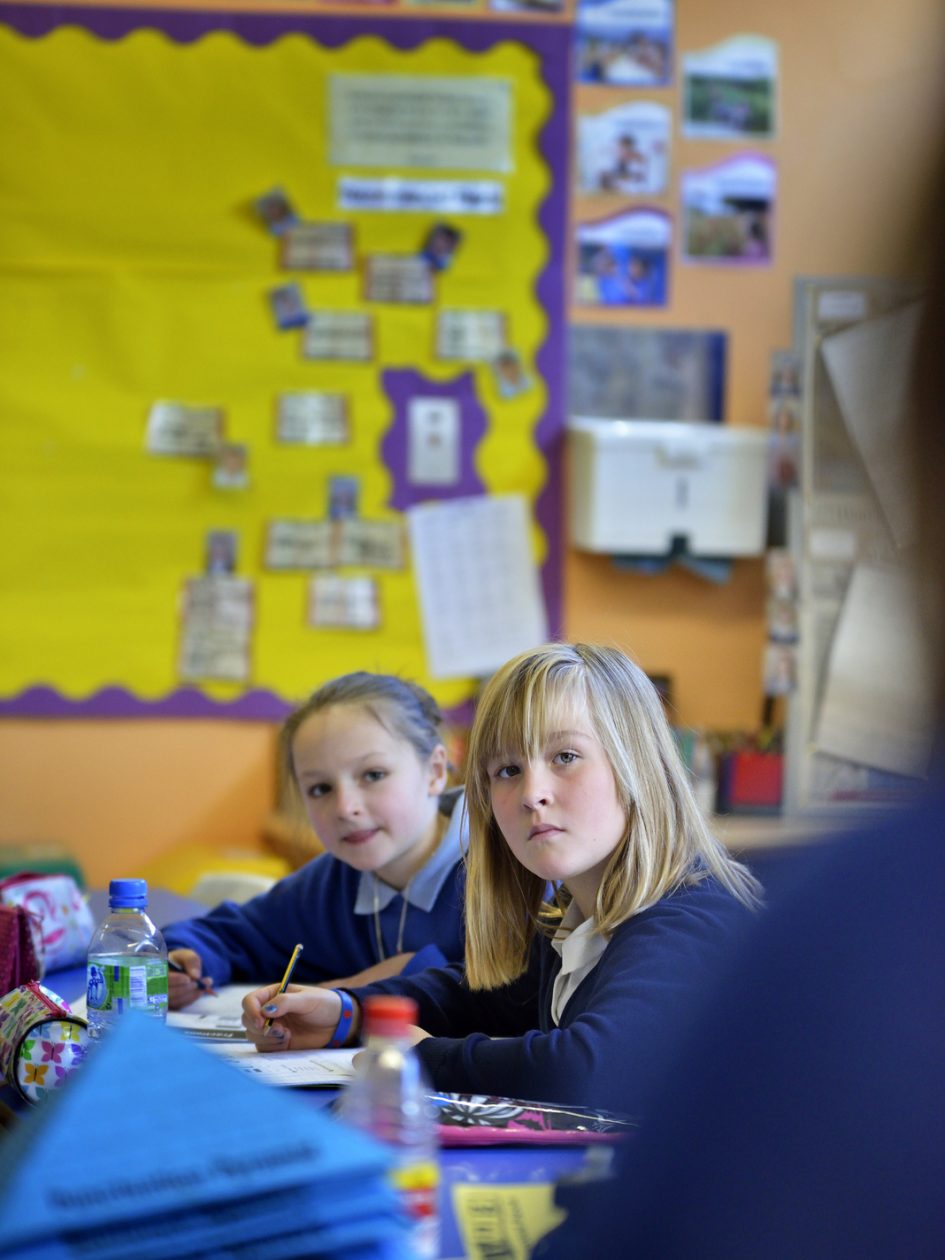The effect of school inputs and educational attainments
Description
The effect of school inputs on educational attainments was a project funded by the Nuffield Foundation.
This project studied school inputs, such as how much money is spent per pupil and staff/pupil ratios, to analyse their effects on:
- pupils’ educational attainment at the end of compulsory schooling, i.e. at about age 16
- differences in returns to school inputs across children with diverse backgrounds and attainments
Background
Since 2000, government spending on schools has increased steadily and there has been a continuing improvement in the proportion of pupils getting good qualifications at age 16. Yet attainment gaps between pupils from different backgrounds remain.
The project predated the introduction of the pupil premium, so offers a valuable insight into how such shifts in funding or funding cuts might affect educational attainments of pupils of different socio-economic backgrounds and at different levels of prior attainment.
Data
The research looked at what happens in a secondary school if it spends an extra £1,000 on each pupil per year. It used data from the National Pupil Database including test scores, and asked which pupils benefit from extra spending and which groups gain most from different types of spending (such as, for example, teaching staff, education support staff, administration, ICT equipment, other learning resources and catering).
The research team used information on all pupils who took Key Stage 4 exams (GCSE or equivalent) in 2007 or in one of the three following years. From 2007-2009 there were 1.7 million pupils in the sample, of whom 350,000 are siblings. This allowed the researchers to:
- adopt school input measures using information on all state schools and all pupils enrolled in these schools
- obtain precise estimates even when focusing on small sub-groups such as different ethnicities, pupils with different levels of achievement in national tests at the end of primary school and children with different family background and levels of parental investment
- identify pupils who are siblings
The Nuffield Foundation is an independent charitable trust with a mission to advance social well-being. It funds research that informs social policy, primarily in Education, Welfare, and Justice. It also funds student programmes that provide opportunities for young people to develop skills in quantitative and qualitative methods. The Nuffield Foundation is the founder and co-funder of the Nuffield Council on Bioethics and the Ada Lovelace Institute. The Foundation has funded this project, but the views expressed are those of the authors and not necessarily the Foundation. Visit www.nuffieldfoundation.org


Team members
Professor Cheti Nicoletti
Professor of Economics - University of York
Cheti Nicoletti is a Professor in the Department of Economics and Related Studies at the University of York. She is also an ISER Associate. Her research is on empirical labour economics with special reference to intergenerational mobility, children health and educational outcomes, inequality, fertility, school and neighborhood effects, sample selection issues and measurement errors.Dr Birgitta Rabe
Reader - ISER - University of Essex
Birgitta is an economist interested in applied research in education, family and labour economics. Some of her current and recent work includes: Early child development: breastfeeding; child care ; Education and schools: effects of school resources; sibling spillover effects; school quality and parental investments ; Child care and maternal labour supply ; Migration and residential mobility. She is also Topic Champion for education, family and data linkage on Understanding Society.Publications
Spending it wisely: how can schools use their resources to help poorer puplis
Cheti Nicoletti, Birgitta Rabe,Report
School inputs and skills: complementarity and self-productivity
Cheti Nicoletti, Birgitta Rabe,ISER Working Paper Series
The effect of school resources on test scores in England
Cheti Nicoletti, Birgitta Rabe,ISER Working Paper Series

Photo credit communitiesuk
Start date
30 Sep 2011
End date
30 Jul 2012
Funder
Nuffield Foundation
Data source
- National Pupil Database (NPD)